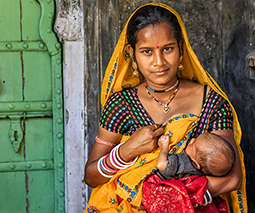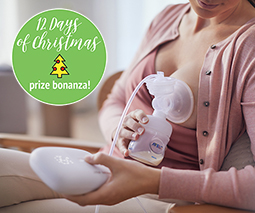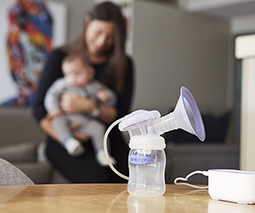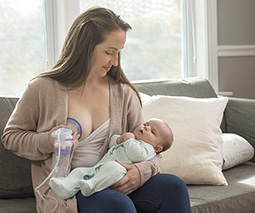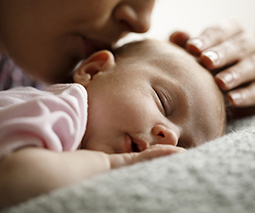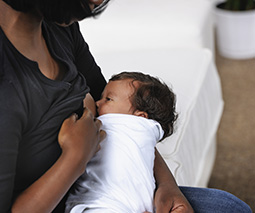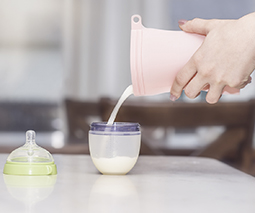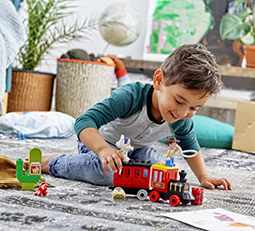When your breastfeeding journey hits a painful bump in the road
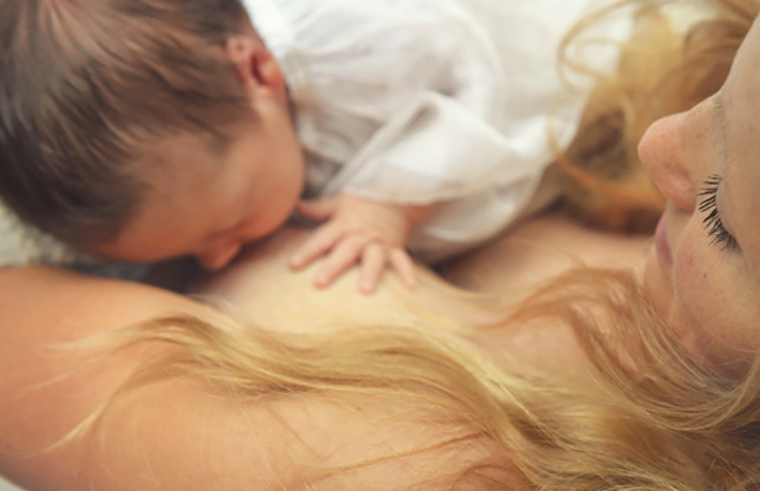
I’ll admit, I had major delusions before I began breastfeeding for the first time. Or perhaps, they were unrealistic expectations that breastfeeding is natural, and therefore should come naturally. For me, it didn’t. I remember sobbing in pain as my son fed, thinking it was normal – all part of the ‘journey’. But it’s not.
I’m sharing my story in the hope others will realise they’re not alone, and there are ways to make breastfeeding the beautiful experience it should be.
The reality check
In those sweet months leading up to the birth of my first child, I dutifully attended lactation classes. I soaked up every single piece of information like a sponge, and I even breastfed a doll baby like a boss – this breastfeeding thing was going to be a cinch.
When my bouncing, nine-pound son was born after a long and arduous birth, the euphoria of becoming a mum dulled any pain I was feeling. Including that of an incorrect latch while he had his first few feeds. But the damage that was done in those initial ravenous feeding episodes was enough to set me up for days of agony.

I thought breastfeeding must be painful for everyone, and I just had to suck it up. But when the nipple pain was too much to take, I felt like a complete and utter failure. Along with post-birth emotions and lack of sleep, it was a downward spiral that knocked my confidence as a new mum. When it was time to breastfeed, my body would tense, and I’d wait in painful anticipation for the attachment pain that was to come. I would sob through what should have been some of the most memorable first-time mum moments. It was soul-crushing.
If there is one piece of advice I can give to new mums, it’s this: ask for help! And that’s exactly what I did. I visited my local hospital’s lactation consultant, and spoke to other mums who had been through the same painful first days of breastfeeding. So, here are my golden nuggets of advice for breastfeeding new mums.
Preparation is key
Take the time to take a lactation class or visit a lactation consultant prior to birth. You’ll be taught how to attach your baby properly to the breast, and the signs to look for to know your baby is feeding well. And make the time to visit a consultant soon after birth if you feel things aren’t quite right – don’t wait until you’re in pain.
Also, there’s no need to toughen up your nipples!
Look after your breasts
Once your baby is born, you need to make sure you look after yourself, and your ‘milk makers’! Hygiene is really important, so change your breast pads regularly, and avoid the plastic-backed kind. Steer away from using products that may dry your skin out, like soap or rough towels. It’s good for your nipples to get a bit of air whenever you can manage it.
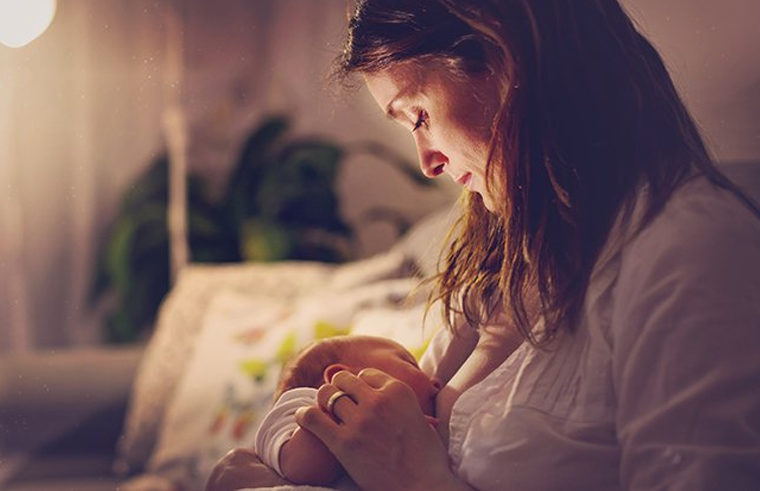
How to manage nipple damage
If you find that despite your best efforts, your nipples are damaged, there are some things you can do to help yourself.
Firstly, try to determine what caused the damage in the first place. Perhaps your baby is not latching onto the breast properly, or they have an issue like an undiagnosed tongue tie or lip tie that’s preventing them from feeding properly. A lactation consultant can help you work out what’s going on.
Although it’s painful, you can still feed with a cracked nipple and it’s better for your milk supply if you do. It can be alarming to see blood after a feed but be assured that it doesn’t pose any danger to your baby. If you have nipple damage, give the breast a bit of a break by starting the feed on the other side so that your hungry baby feeds from the undamaged breast while their sucking is the strongest.
Use a lanolin-based cream to help your nipples heal more quickly. There are plenty of varieties available from your pharmacist. You can find further information on dealing with sore and cracked nipples at the Australian Breastfeeding Association.
 Need some more feeding advice? Our Parent School lactation experts can help. Click to find out more or book a one-on-one session.
Need some more feeding advice? Our Parent School lactation experts can help. Click to find out more or book a one-on-one session.
